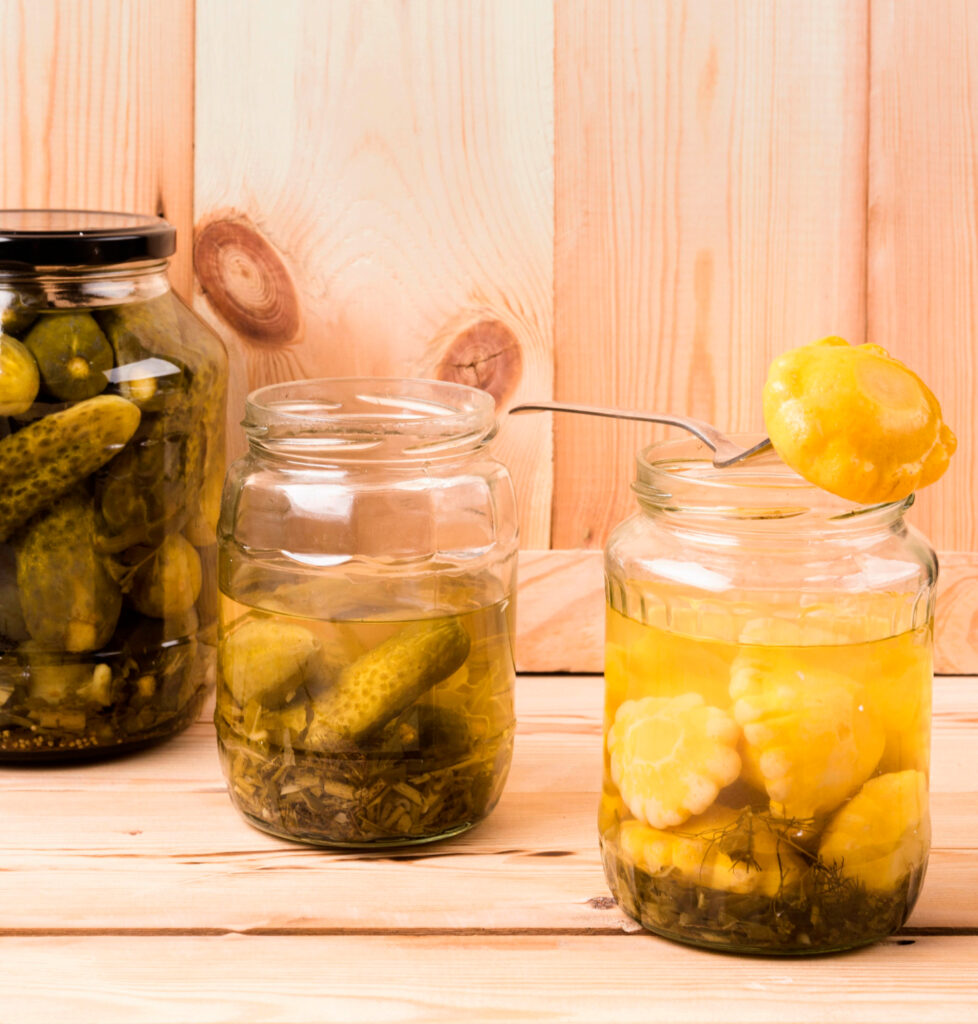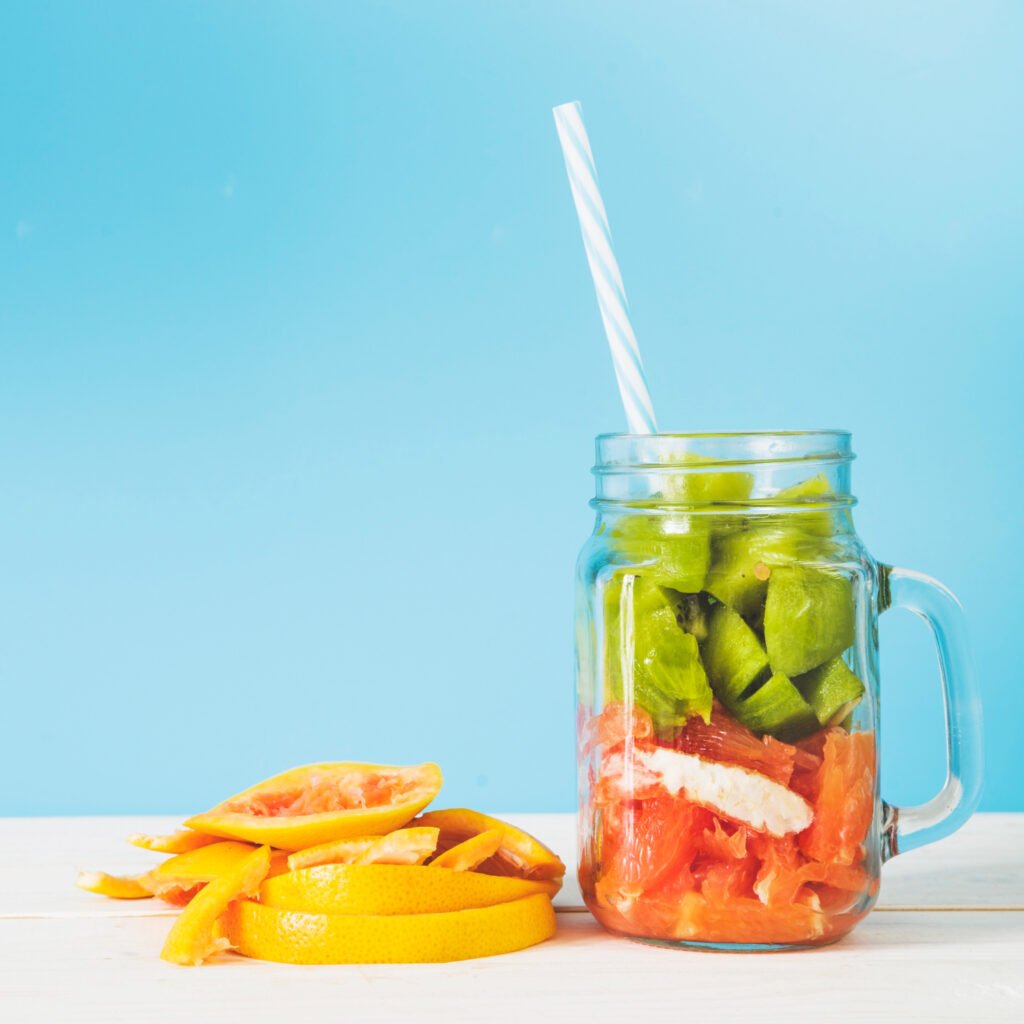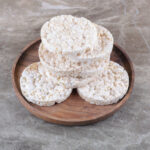
Pickle juice has garnered attention for its potential health benefits, such as hydrating before and after workouts and relieving stomach issues. While the nutritional content can vary by brand and recipe, most pickle juice contains zero calories per eight-ounce serving. However, it is high in sodium, with one serving containing about 821 milligrams, which is more than one-third of the daily recommended intake. This high sodium content can raise blood pressure and trigger gout in some individuals. Despite these risks, pickle juice is sometimes considered a nutritional superfood and a calorie-free sports drink. Here are some of the key benefits and considerations for incorporating pickle juice into your diet.
1. Helps Improve Athletic Performance
Athletes often use pickle juice as an alternative to sugary sports drinks. When you sweat, you lose fluids and electrolytes, including sodium, and pickle juice is a rich source of sodium that can help restore this balance. However, evidence suggests that significant benefits require large amounts of pickle juice, and the flavor can be intense, so athletes typically consume it in small quantities. It’s important to stay hydrated with other fluids, such as water, while exercising.
2. Is Hydrating
Pickle juice is very high in sodium, which helps increase hydration before and after a workout by attracting water and helping the body retain it. Research indicates that substantial hydration benefits require drinking large amounts of pickle juice. Ensure you also drink plenty of water, as the National Institutes of Health (NIH) recommends at least nine cups of fluids per day for women and 13 cups for men.
3. May Treat a Hangover
Drinking pickle juice might help alleviate hangover symptoms such as fatigue, headache, and nausea. Electrolyte solutions typically aid hangover recovery by replenishing lost potassium and salt. The sodium and water content in pickle juice could serve as an alternative treatment, although no studies have confirmed this.
4. Might Alleviate Muscle Cramps
The specific component in pickle juice that helps reduce muscle cramps is unclear, but some evidence points to the acetic acid (a primary component of vinegar) rather than sodium. Research has shown mixed results, but some studies suggest that pickle juice can alleviate cramps during exercise.
5. Relieves Stomach Aches
As a fermented food, pickle juice might naturally remedy stomach pain due to its probiotic content. Probiotics are “good” bacteria that support gut health, helping manage gastrointestinal disorders like irritable bowel syndrome (IBS).
Nutritional Information of Pickle Juice

While pickle juice does not contain many vitamins or minerals, it is rich in potassium and sodium. Potassium aids in muscle and nerve function, moving nutrients into cells and waste out. Sodium helps control blood pressure, although excessive amounts can be harmful. Potassium can mitigate some adverse effects of sodium on blood pressure.
A typical eight-ounce serving of pickle juice contains:
- Calories: 0
- Fat: 0g
- Sodium: 821mg
- Carbohydrates: 0g
- Fiber: 0g
- Added sugars: 0g
- Protein: 0g
Risks of Pickle Juice
The primary risk associated with pickle juice is its high sodium content. The recommended sodium intake is less than 2,300 milligrams per day, and one serving of pickle juice contains 821 milligrams. People with high blood pressure should limit their sodium intake to 1,500 milligrams per day. High sodium intake can raise blood pressure or cause fluid build-up in individuals with heart failure, liver damage, or kidney disease. A high-sodium diet can also alter uric acid levels, triggering gout symptoms.
Tips for Consuming Pickle Juice
Drinking pickle juice daily is acceptable as long as your total sodium intake does not exceed 2,300 milligrams per day. Here are some ways to incorporate pickle juice into your diet:
- Homemade Pickle Juice: Make your own with pickling herbs, spices, salt, vinegar, and water. Heat the mixture, let it cool, and store it in the refrigerator.
- Pre-Workout Drink: Sip pickle juice before a strenuous workout to help prevent cramps.
- Salad Dressing Substitute: Use pickle juice instead of vinaigrette for a tangy taste.
Summary
While pickle juice offers several potential benefits, it should be consumed in moderation due to its high sodium content. Athletes and those looking for natural remedies for cramps or stomach issues might find it beneficial, but it’s essential to balance intake with other fluids and adhere to sodium guidelines. Always read the nutrition labels to ensure you stay within recommended limits
A Quick Review
Pickle juice offers various health benefits, such as improved hydration, relief from muscle cramps, and support for gut health due to its probiotic content. Athletes often use it to replace lost electrolytes during workouts. However, the high sodium content poses risks like increased blood pressure and gout flare-ups. Moderation is key—consuming pickle juice in small quantities while maintaining overall sodium intake within recommended limits ensures you enjoy its benefits without adverse effects.











